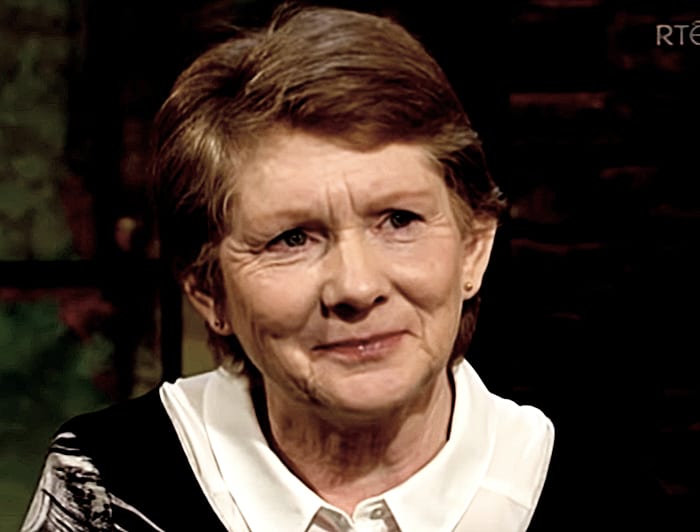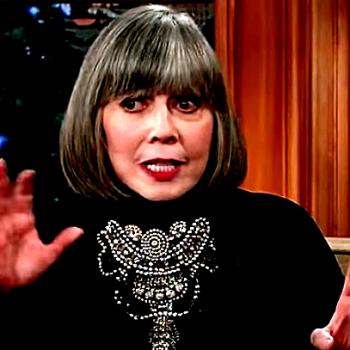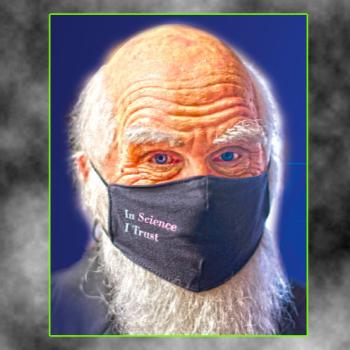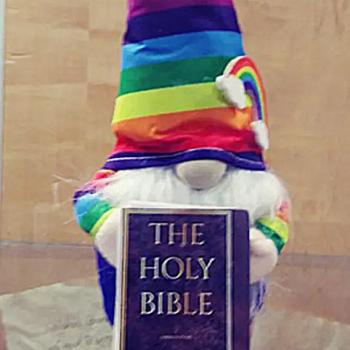
THE woman pictured above is amateur historian Catherine Corless, whose investigation of infant deaths at the St Mary’s Mother and Baby Home in Tuam – run by nuns from the Bon Secours order – revealed that, between 1925 and 1961, 796 children had died there.
More horrifying was her discovery that the many of the corpses were disposed of in a disused septic tank in a corner of the home’s garden.
At first, her determination to expose the extent of the inhumane treatment of babies of unmarried mothers was brushed aside as nothing of significance, as it had happened way back in the past.
But her persistence eventually led to a judicial investigation into the home at Tuam in County Galway, as well as other institutions, and today (Tuesday) the Mother and Baby Homes Commission of Investigation published a 3,000-page report that reveals an estimated 9,000 children died in a total 18 religious institutions between 1922 and 1998.

One of the survivors of the Sisters of Charity baby home at Temple Hill in Blackrock, Co Dublin, is former Irish deputy Prime Minister Joan Burton, above, who, at the age of two, was fortunate to be adopted by Bridie King Burton, who told her that:
Children died like flies in those places.
Writing for the Irish Independent Joan Burton said:
The casual brutality of Ireland’s systems for dealing with – to use the language of the day – unmarried mothers and illegitimate babies, was cruel beyond belief. This week’s report of the Commission into Mother and Baby Homes will be a landmark event.
The report will reveal, particularly to a new generation of younger people, what Ireland once did to women who had the audacity to love outside of marriage and to bear children who had to be ‘given up’.
It will give us as a society an opportunity to ask why this form of brutality was tolerated for so long.
Irish Prime Minister Michéal Martin is to give a formal state apology in the Dáil tomorrow (Wednesday). Martin, who has read the report, reportedly found the contents shocking and difficult to read.
Another source of anger for survivors is the policy of the religious organisations – and the state – to impede them from tracing one other. Ireland denies adopted people the legal right to their own information and files. The report is understood to chronicle many of the lies and obfuscations of priests, nuns and officials.
Anne Harris, 70, who gave birth to a son in an institution in County Cork in 1970 said:
It’s a crucial moment. I’m sorry it’s taken so long to come out. Irish society was quite rigid and judgmental about children born out of wedlock. These huge institutions were where women were just put away out of sight.
The commission was formed in 2014 after Corless found death certificates for nearly 800 children who were residents at Bon Secours, but burial records for only two. Excavations subsequently found an underground structure divided into 20 chambers containing “significant quantities of human remains”, the commission said in an interim report.
The government apologised on Monday to survivors for a media leak over the weekend, which undermined a promise to give them first access to the report before publication. It is considering compensation and legislation to help mothers and their children trace each other, should they wish.
Harris said she was relatively lucky: by 1970 the worst abuses were over and she was one of the women whose families paid for their institutionalisation during pregnancy. Those unable to pay had to cook, scrub floors and do other manual work. Harris has written a novel, Unspoken, based on her successful search for her son.
The 2013 film Philomena starring Judi Dench and Steve Coogan was based on Philomena Lee, who battled to find the son she was forced to give up for adoption in the 1950s.

 I’d love a cup of coffee
I’d love a cup of coffee













